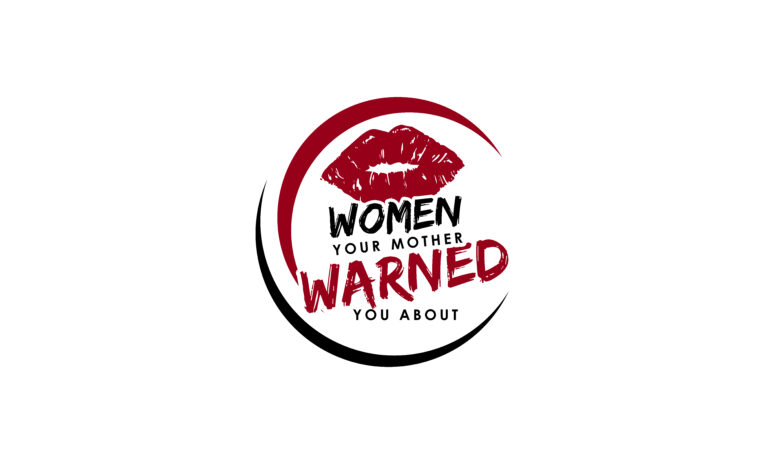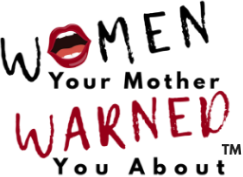Since 1949, May has been designated as Mental Health Awareness Month in the United States. Using tool kits and awareness activities Mental Health America raises awareness of psychological health concerns and conditions while promoting increased access to care and treatment. Each year millions of Americans face the reality of living with a mental illness and every year the goal is to fight stigma, provide support, educate the public and advocate for policies that support people with mental illness and their families.
This week’s guest was here to advocate for the mental health of a specific group of people, our children. Kathy Redwine is a Licensed Professional Counselor, MA, LPC, NCC and host of Dealing and Feeling, a “podcast that changes the culture of challenging conversations with kids.”
Co host Rachel Pitts can testify to Kathy’s ability on a personal level. Following the divorce from her second husband she decided it was best that their daughter speak to someone about what was happening and that someone was Kathy. Eventually they made the transition to family therapy and Rachel believes that Kathy was “instrumental in us moving through that really hard time to where we are now.”
While Rachel made the decision for her daughter from a proactive place (there weren’t necessarily any issues when she first started seeing Kathy) too often people are approaching their mental health reactively.
“It takes a lot more to respond to a crisis than it does to work with a child [to] prevent that crisis from ever happening” says Kathy. “I’m in the business of prevention, not reaction.”
How early is too early for therapy?
“When you find out you’re pregnant and you’re going to meet with pediatricians…the pediatrician [should] also talk to you about the importance of identifying a counselor for your child”, Kathy suggests. “When they get to be around the age of four or five, just like when you’re going to have a dentist for your child because that’s when it starts.”
Four or five? How could I possibly send my child to therapy before I send them to kindergarten?
To which we respond, shouldn’t the mental health of our children take as much precedence as their physical health? Imagine if, as a child you worked with a professional and acquired the tools necessary to better navigate the more difficult parts of life; frustration, disappointment, irritation, the list goes on. So much of how we learn to deal with those challenges comes from trial and error or in complete failure, but what if we were better equipped to handle life because we saw a therapist in our youth.
So what does therapy look like for a 5-year-old? You can forget the ol’ image of the chaise lounge and the clipboard.
“We do some phenomenally fun things with [kids]. It’s not them sitting on a couch. It’s play; we build, we draw, we do all different kinds of things to learn how to express emotions” assured Kathy. “I have something in my office called ‘the anger pillow’. When you get mad you go and hit that pillow. We can teach them and then reinforce that when you get angry you hit your pillow, as opposed to your little sister then that’s going to get into their head.”
Unfortunately, whether as a child or an adult, there’s often a stigma associated with seeing a counselor. As if your life must be in complete shambles to seek the help of a therapist. Just like exercising at the gym to maintain your weight or gains, you can only stay mentally fit if you keep exercising your mind. You take your car in for tune-ups don’t you?
“People don’t really realize that a lot of panic attacks and anxiety attacks come from all things that we shelve and that we shove down into our toes…and say they’re fine” explain Kathy. “[My] job as a counselor is to help you safely explore things about yourself that are going to help you become a better person.”
It’s actually fine not to be fine as long as you have someone you can trust that you can work through those feelings with.
Check out Episode 73 to learn more about Kathy, her approach to therapy, and her newest endeavor the ‘Dealing and Feeling’ podcast. And for more information on Mental Health Awareness Month check out MHANational.org/Mental-Health-Month where you can find “practical tools that everyone can use to improve their mental health and increase resiliency regardless of the situations they are dealing with”, even if it’s as short term as coping with social distancing.






